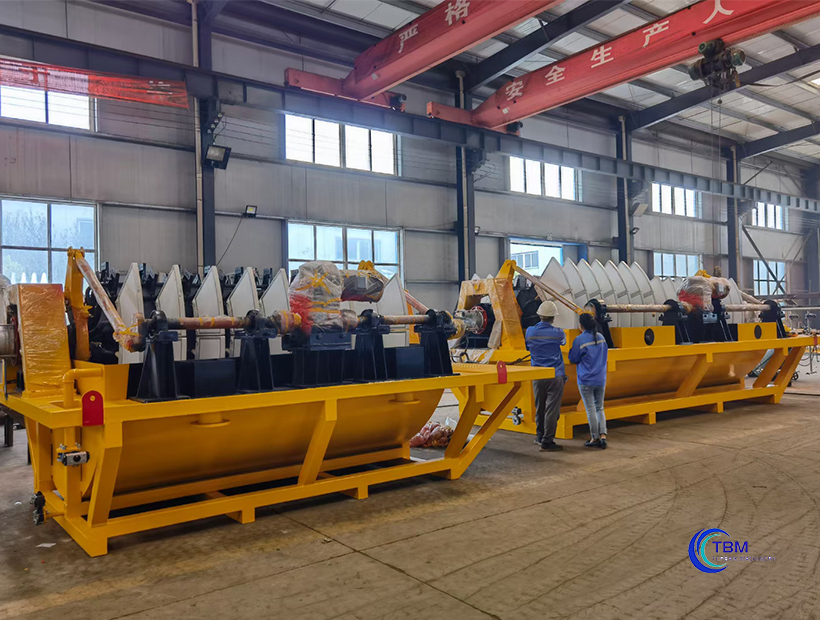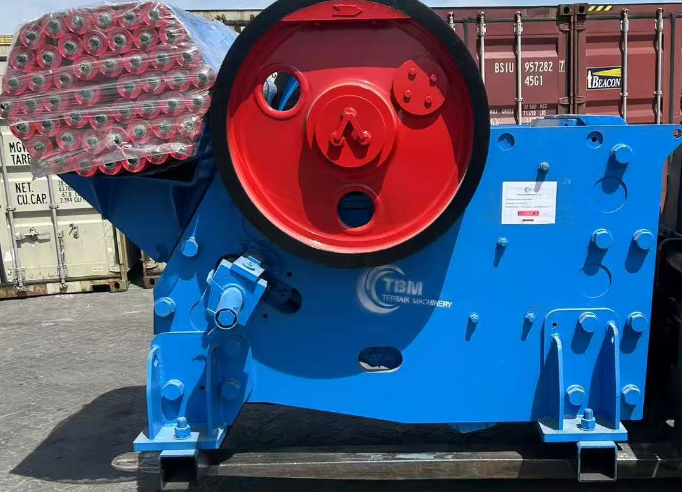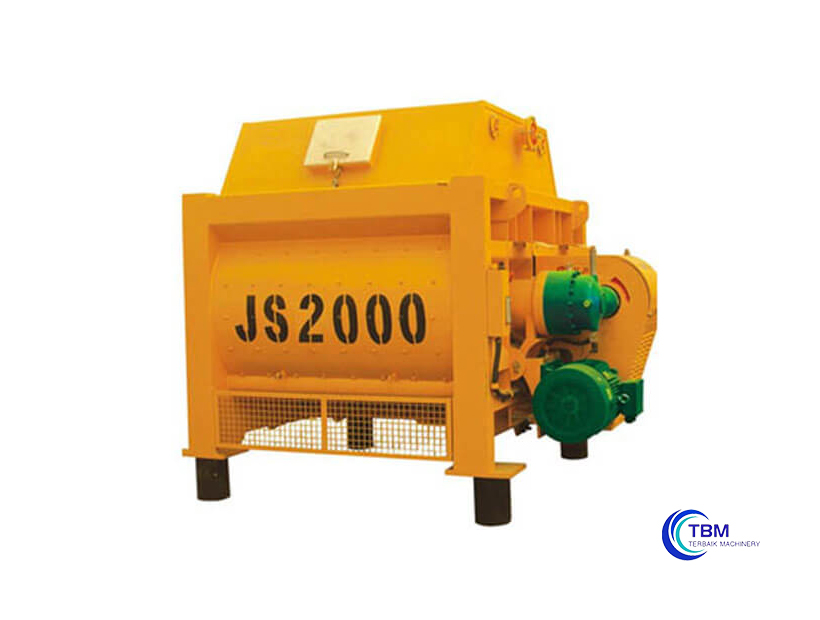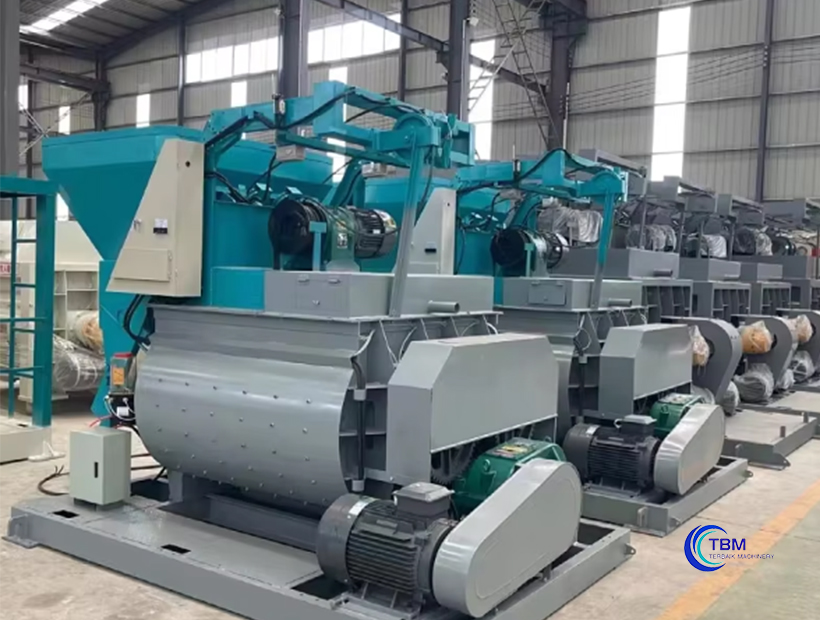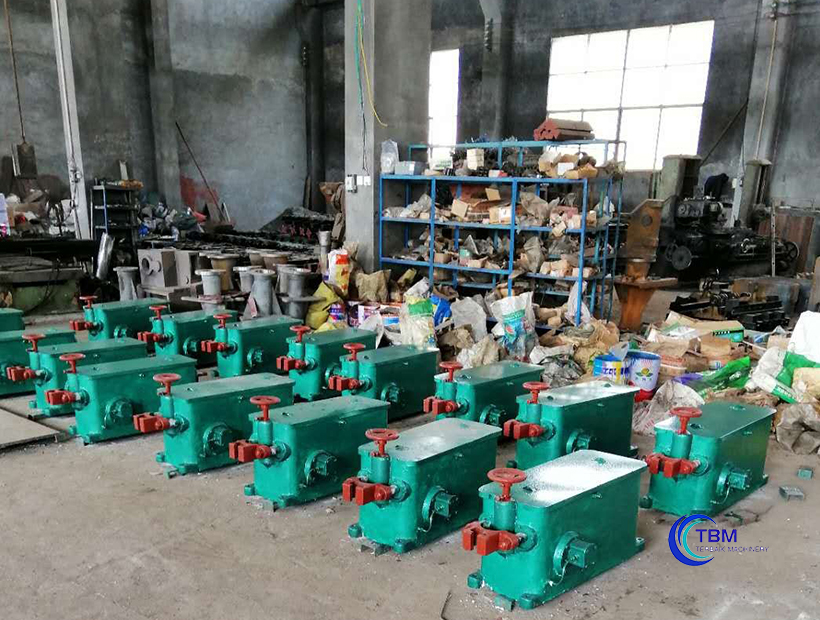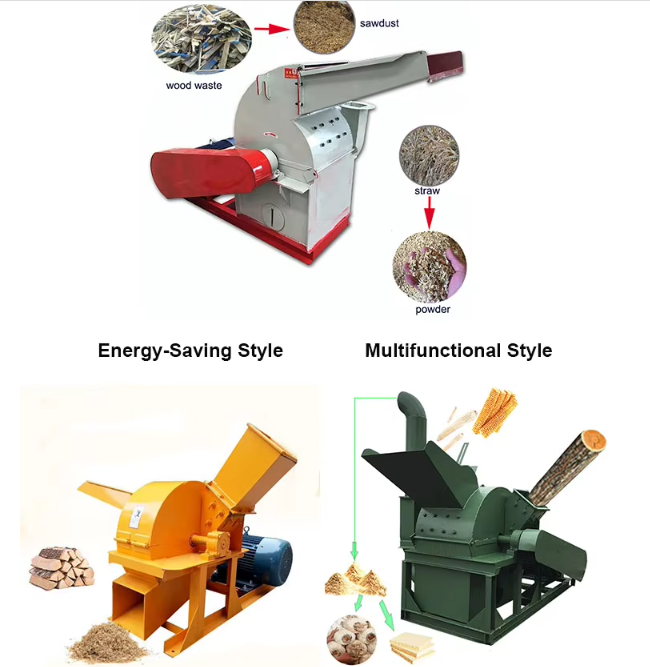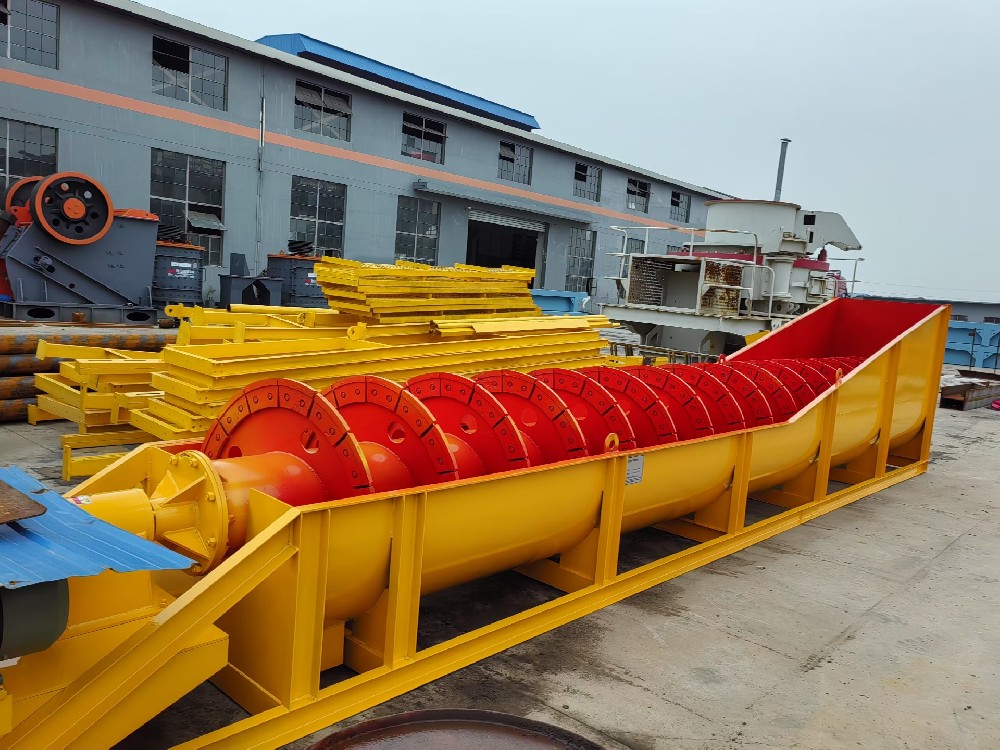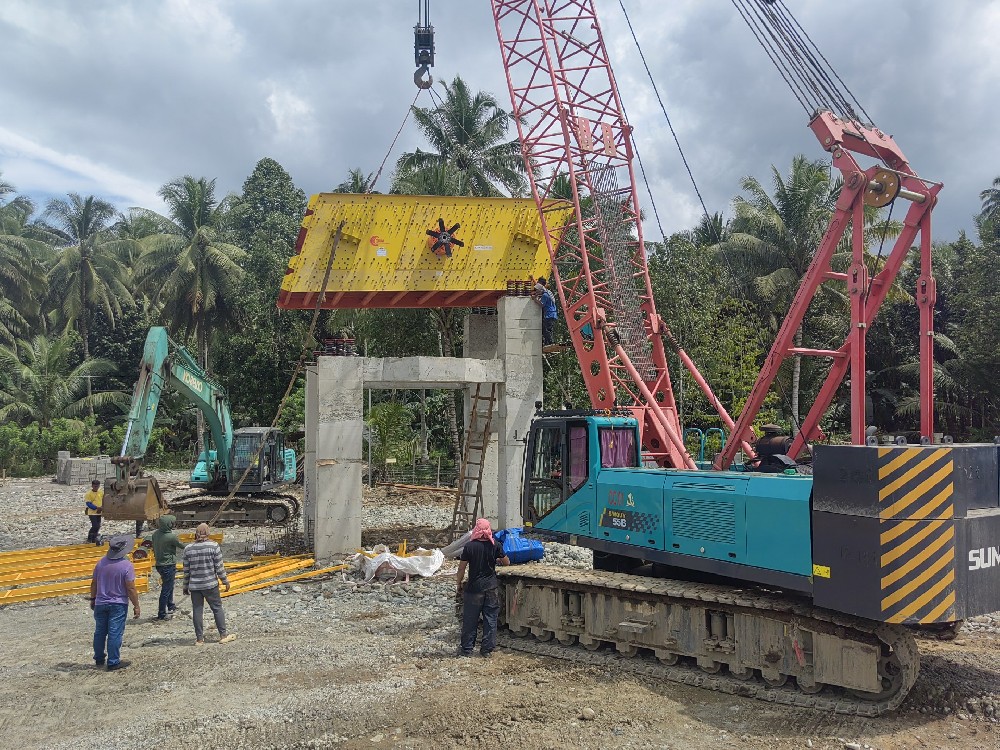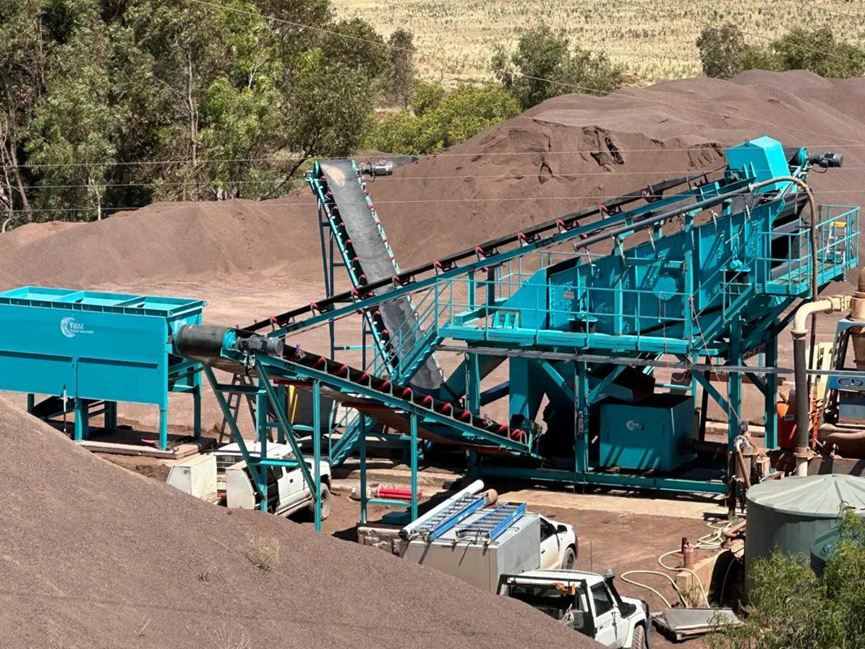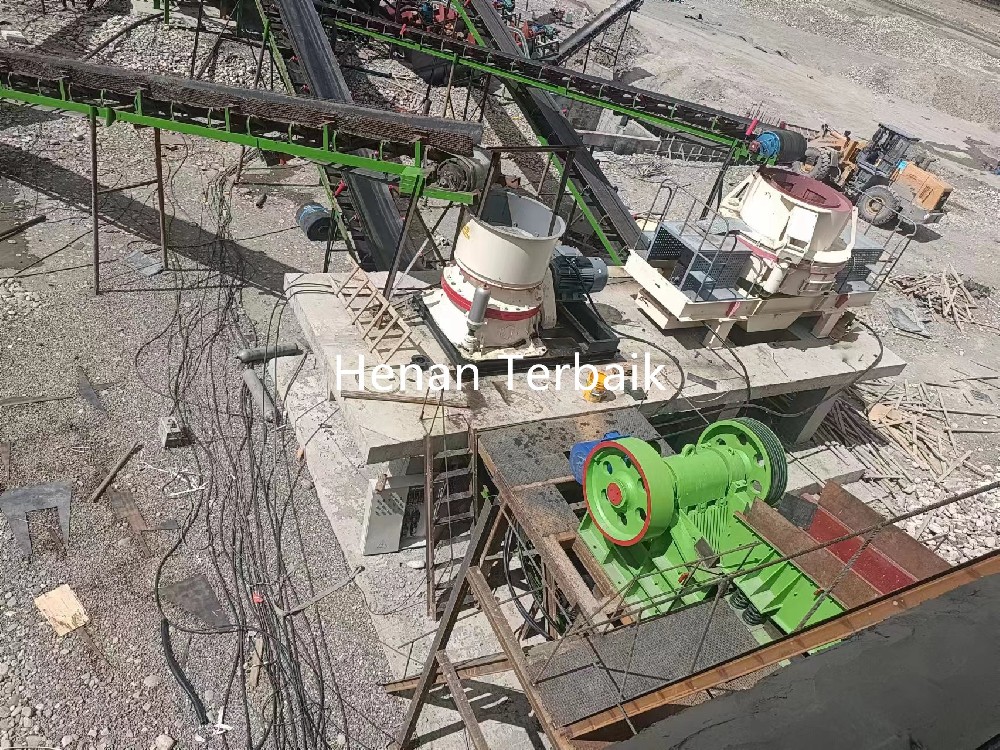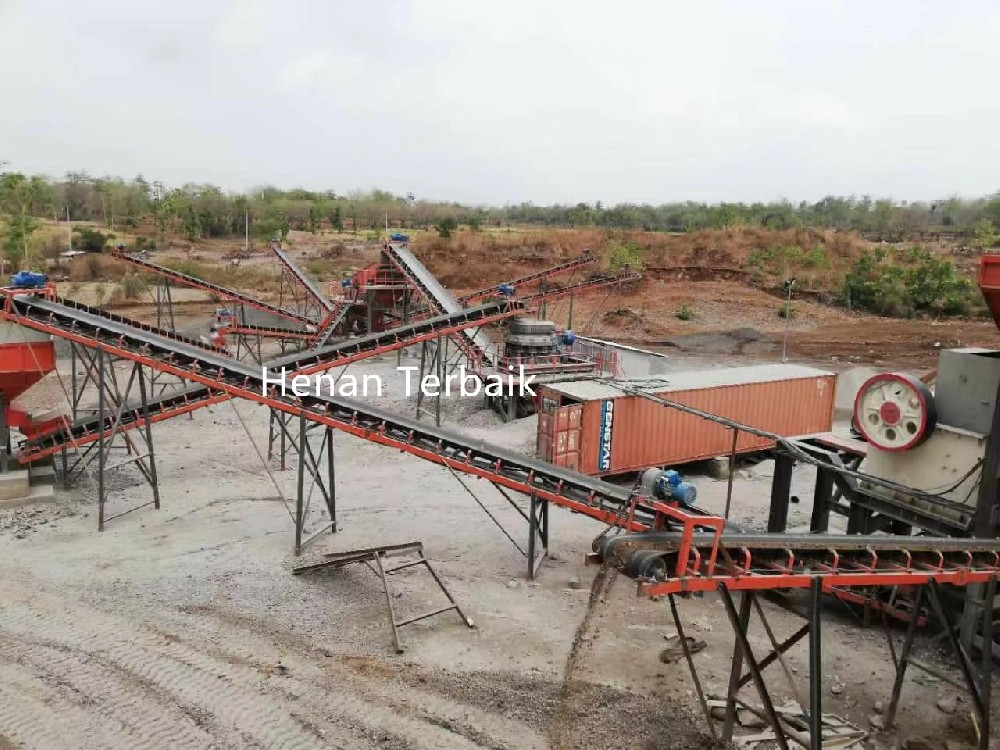Ceramic filters have become an essential component in various industries, from water treatment to mining applications. Known for their robust filtration abilities, ceramic filters help improve operational efficiency by removing unwanted impurities, particulates, and contaminants. In this article, we’ll discuss what ceramic filters do, how effective they are, their potential disadvantages, and whether they can filter out microplastics.
Henan Terbaikmachinery, a trusted manufacturer specializing in mining and filtration equipment, offers top-quality ceramic filters for sale that cater to the needs of industries worldwide, including Southeast Asia and Africa. Let’s explore how ceramic filters can benefit your operations.
What Does a Ceramic Filter Do?
A ceramic filter works by using a porous ceramic material to filter out particles and contaminants from water or other liquids. These filters are often used in water purification systems and wastewater treatment processes due to their ability to remove particles as small as bacteria and certain chemicals.
In mining operations, ceramic filters are typically used for solid-liquid separation. They are designed to filter slurries, such as those produced in mineral processing, to recover valuable minerals while reducing waste. Ceramic filters operate by allowing liquids to pass through the ceramic material while trapping solid particles in the filter's pores.
The ceramic filter offers several advantages, such as a high degree of precision in filtering fine particulates, excellent durability under harsh conditions, and the ability to operate without the need for chemicals.
How Good Are Ceramic Filters?
Ceramic filters are known for their superior performance in both water filtration and mineral processing. Their filtration capability is exceptional, and they can filter out particles as small as 0.2 microns, which makes them highly effective in applications where high-quality filtration is required.
In mining and mineral processing, ceramic filters are particularly valued because they can separate fine materials from slurries, resulting in purer water and more concentrated minerals. This capability improves efficiency in processing operations and helps with the recovery of precious metals.
For water filtration, ceramic filters are widely regarded as one of the best options for households, commercial settings, and industrial water treatment. They are capable of removing contaminants like bacteria, dirt, and sediment, which makes them an ideal choice for ensuring the purity of drinking water and other vital resources.
What Are the Disadvantages of Ceramic Water Filters?
While ceramic filters are effective in many applications, they do have some limitations that should be considered when purchasing. Here are some potential disadvantages of ceramic filters:
Limited Filtration Speed: One of the main drawbacks of ceramic filters is their relatively slow filtration rate compared to other filter types. The filtering process can take longer, especially if the filter is clogged with larger particles. This can be a concern in high-demand environments, such as large-scale water treatment facilities.
Fragility: Ceramic materials are brittle and can break or crack under impact or extreme conditions. This fragility may require careful handling, particularly during installation and maintenance.
Maintenance: Over time, ceramic filters require cleaning to maintain optimal performance. This can be a labor-intensive process, especially in large-scale systems where frequent maintenance is necessary.
Not Effective for Some Contaminants: While ceramic filters are excellent at removing large particles, bacteria, and certain chemicals, they may not be as effective against some dissolved substances, such as heavy metals, salts, and certain chemicals. Additional filtration methods may be required for complete purification.
Do Ceramic Filters Remove Microplastics?
In recent years, microplastics have become a significant concern in both water and the environment. Microplastics are tiny particles of plastic that are less than 5 millimeters in size, and they are found in water bodies around the world.
The ability of ceramic filters to remove microplastics depends on the size of the particles and the porosity of the filter. Ceramic filters with a fine enough pore size can effectively trap microplastics, especially those that are larger in size. Many ceramic water filters are capable of removing microplastics, as they can filter out particles as small as 0.2 microns.
However, for smaller microplastics, a more advanced filtration system may be required in addition to a ceramic filter. To maximize the removal of microplastics, combining ceramic filters with activated carbon or other filtration technologies may offer the most effective solution.
Conclusion
In conclusion, the ceramic filter is an essential tool for industries ranging from water treatment to mining operations. Whether you're looking for a ceramic filter for sale, exploring the best ceramic filter for your needs, or evaluating its use in filtering slurries or purifying drinking water, ceramic filters provide an efficient solution.
While ceramic filters offer excellent filtration quality, they come with certain disadvantages such as slower filtration rates and fragility. However, their ability to remove contaminants, including microplastics, makes them an invaluable tool in various applications.
For those seeking a reliable and efficient ceramic filter system, Henan Terbaikmachinery offers high-quality products suited for industrial and mining operations. Contact us today to explore the full range of ceramic filters and learn how they can enhance your filtration processes.




